Upon their arrival, the settlers found rocks rather than farmland. Although the immigrants weren’t mariners by the late 1800s, they made schooners and became fishermen. Lunenburg, Nova Scotia, was a fishing village. Codfish was king in those days, and Lunenburg became the fishing capital of Canada—a capital made from a combination of wooden ships and ironmen.
Lunenburg is a history-packed town, and I had just 24 hours to learn all about it.
Table of Contents
Lunenburg Walking Tour
When I arrive at a new destination, I find it helpful to take a tour to get an overall impression of the area. I thought it would be easier to see the historic buildings if I walked the streets of Lunenburg. So, I set off with the Lunenburg Walking Tours. It was the perfect way to get an overview of Lunenburg’s Old Town area, hear the local history, and decide where to look more in-depth. We explored St. John’s Anglican Church, Lunenburg Academy, and many architectural and historical venues.
The Lunenburg Bump
You’ll find many examples of this architectural feature throughout Lunenburg. While initially built in 1830, in the 1870s, the former Mariner King Inn was one of the first homes to become a Victorian in the trendy Italianate style by adding the famed Lunenburg “bump” over the entrance. The Lunenburg bump is an architectural feature like the five-sided Scottish dormer. The builder extended the central dormer out and down from the roof over the front door. It created an overhang or protrusion in the building, known as the Lunenburg bump.
St. John’s Anglican Church
St. John’s Anglican Church, Canada’s second oldest Protestant church, is a Canadian National Historic Site built in the Carpenter’s Gothic style. The original church, built in 1754, burned on Halloween night in 2001. The town restored the church, and it opened four years later at the cost of 6.8 million Canadian dollars. A notable feature inside the church is the ceiling, which had the same pattern of stars that were in the sky on the night of Christ’s birth.
Today, this active sanctuary is also a venue with live music. It’s open daily, from June to September, and when you go, be sure to see the stunning interior.
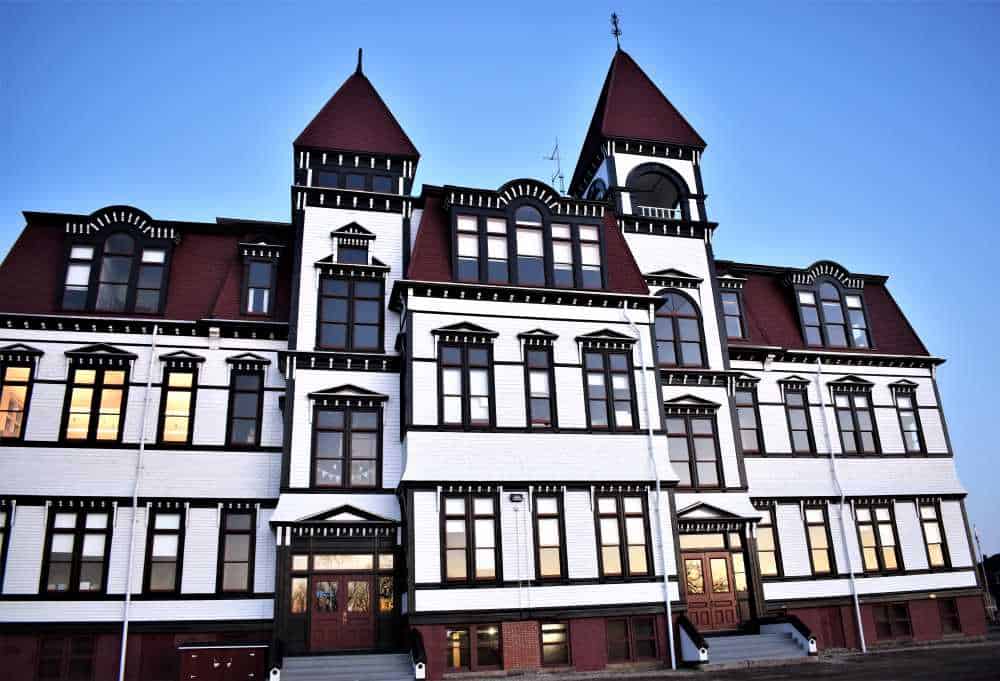
Lunenburg Academy
Built in 1895, the iconic Lunenburg Academy was, for almost 117 years, a public school educating primary to Grade 12 until it closed in March 2012. Today, the first floor is the library, the second is the offices, and finally, the third floor is the Lunenburg Academy of Music Performance.
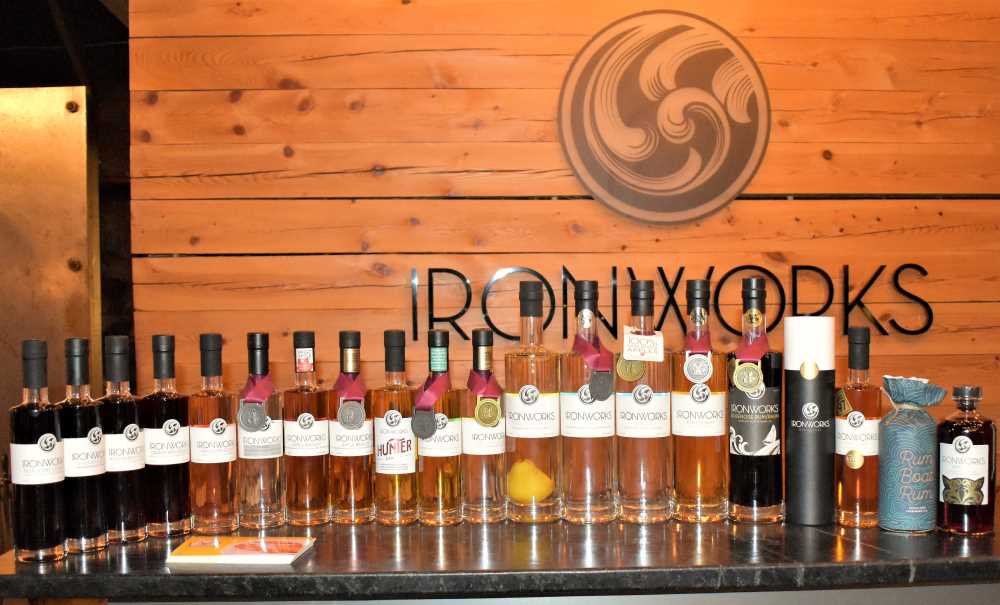
Ironworks Distillery, One of the Best Things to Do in Lunenburg, Nova Scotia
After a tour to learn the rich history of Old Town Lunenburg, complete with tales about haunting spirits at the Lunenburg Academy, I finished our tour at Ironworks Distillery, where I enjoyed stories about another type of spirit.
The History
Ironworks Distillery is an artisanal micro-distillery that distills every day, one batch at a time. The name Ironworks comes from the 1893 heritage building. The building is rich with history and charm, including the original hardwood floors.
In the beginning, the building was Walter’s Blacksmith Shop, a marine blacksmith shop that produced ironworks for the shipbuilders, for example, anchors and chains. Today, Ironworks Distillery distills craft spirits by hand, using as many fresh local ingredients as possible.
A Taste of Lunenburg
Initially, I warmed up by sampling the various spirits paired with local foods. The traditional Lunenburg appetizers included old-fashioned German fares – Lunenburg sausage and Lunenburg pudding. Both included beef and pork; however, the pâté also included onions.
We sampled Solomon Gundy, pickled herring with a sweet onion flavor. We made a side-by-side comparison of two types of locally-made sauerkraut— Tancook and Krispy Kraut. My favorite was the Krispy Kraut. To me, it was crisper and tarter than the Tancook. Krispy Kraut goes through approximately 100,000 pounds of cabbage annually.

The Rum
When they opened in 2010, owners Pierre Guevremont and Lynn MacKay didn’t plan to offer rum. Local sugar cane was non-existent, and they were steadfast in remaining with local products. The issue was that Lunenburg was a rum-running town during Prohibition, so everyone kept asking about their rum. After problem-solving, their house-made rum evolved distilled from Canada’s Crosby’s molasses, a product from Nova Scotia’s neighbor New Brunswick.
Every six months, they bring out Barrel 97, the Rum Boat Rum, aged in a Nova Scotia red wine barrel. Barrel aging is an integral part of this rum. While the rum is on the boat, the ocean’s motion encourages interaction between the rum and the Acadia wood, resulting in a grassy flavor. The Blue Nose rum is an award-winning rum voted the best dark rum in the world in 2014. Their white rum is charcoal-filtered to pull out the color.
An incredibly unique rum offered at Ironworks Distillery is the Around the World Rum. The rum accompanied the Barque Picton Castel, a three-masted tall ship based in Lunenburg, on its seventh circumnavigation of the world. They say its flavors include warm baking spices like cinnamon and nutmeg, vanilla, and the essence of tobacco. The rum’s taste is similar to the Rum Boat Rum but has a tropical flavor all its own.
After my tasting, accompanied by appetizers, I enjoyed a catered dinner of lobster chowder with brown bread and butter. Their second still, affectionately referred to as Ruby, towered over us. I finished the meal with a rum raisin cake from the Savvy Sailor that featured the distillery’s Blue Nose Rum. The cake came drizzled with a caramel rum sauce and topped with whipped cream—what a delicious way to end the evening.
The Spirits
Ironworks Distillery’s signature spirits include vodka from apples grown in Nova Scotia’s Annapolis Valley and liqueurs from local berries. One fascinating brandy is the Eau de Poire, similar to Pear William, which features a whole pear inside the bottle. I couldn’t help but wonder how the entire pear got into the bottle. It turns out farmers attach the bottles to pear tree branches as the pears are just forming. The pears grow inside the bottle. Refilling the bottle can keep the drink going if you don’t consume the liqueur past the pear stem.
For more stories about Nova Scotia’s South Shore, check out my article on Nova Scotia’s South Shore Lobster: Ocean to Table, where you can view a video of my experience on a lobster fishing boat and in a lobster pound.
Breakfast
The Salt Shaker Deli is a good option for breakfast. After breakfast, I explored Lunenburg a bit more, including the waterfront.
Lunenburg’s Waterfront
Along the waterfront, be sure to investigate the Fisheries Museum of the Atlantic, the home to Bluenose II.
The Bluenose originally built and launched in Lunenburg in 1921 as a fishing vessel and a racing schooner. The ship, the Bluenose II currently in Lunenburg is a replica as the original sank off the coast of Haiti in January 1946. A picture of this boat has been on the back of Canada’s dime since 1937.
Lunch
On the Lunenburg waterfront, stop by for lunch at the Grand Banker Bar and Grill. While their menu is extensive, and this is a great spot to try the local seafood. But their signature dish is the Lunenburger. This unbelievable burger is a beef patty topped with Applewood smoked cheddar, béarnaise sauce, and lobster claws. Crowning the top of the bun are bacon-wrapped scallops. Other local restaurants worth stopping for are the Old Fish Factory Restaurant and South Shore Fish Shack. After lunch, I had one more stop.
A View of Lunenburg
On the way out of town, I headed across the harbor to take in a scene of colorful wooden homes known as the “money shot.” It is referred to as the money shot not only because the view is charming and iconic but because it’s the vignette on the back of Canada’s $100 bill.
I was surprised to learn that the colorful buildings that Lunenburg is famous for are relatively new developments. Before 2007, the houses were painted white with black trim, like St. John’s Anglican Church today.
Next, I headed off to the surrounding area, another small town some say is Canada’s prettiest, Mahone Bay. However, Lunenburg is tough competition for that title. I stopped by the small town of Blue Rocks, about a six-minute drive from Lunenburg. The town’s name references the blue slate rocks on the edge of the Atlantic Ocean. The local people promote their great place as “Lunenburg’s answer to Peggy’s Cove” or “Peggy’s Cove without the lighthouse.” Photographers and local artists find Blue Rocks a wonderful playground.

While Piper is a lifelong Michigander, she’s had adventures worldwide. Bomb-sniffing dogs chased her in the middle of the night in Bogota (working late), gate agents refused her boarding to Paraguay (wrong visa), and US Marshals announced her seat number on a plane while looking for a murder suspect (she’d traded seats). It’s always an adventure! She even finds exciting activities in her home state of Michigan, where she lives in Lansing with her husband, Ross Dingman, her daughter, Alexis, and two granddaughters.

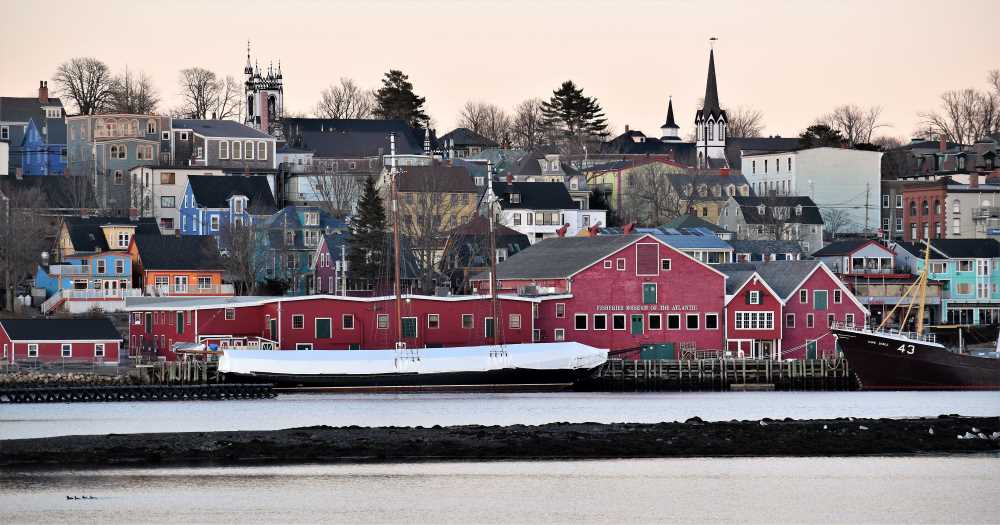
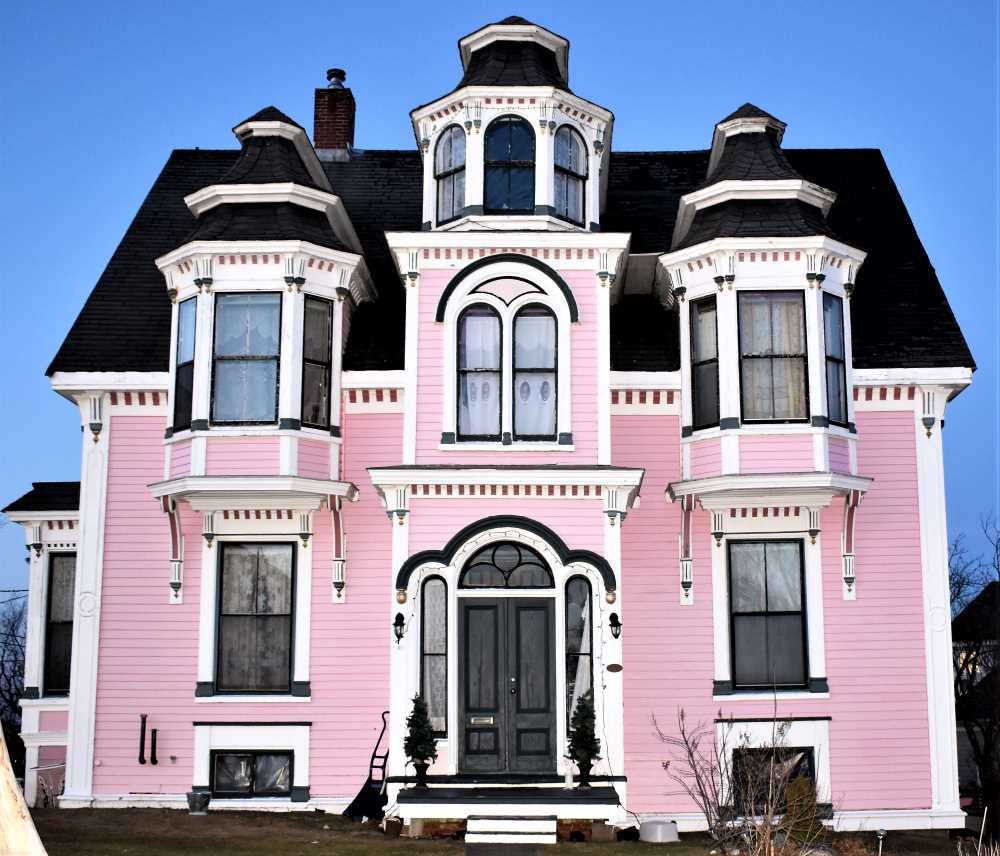
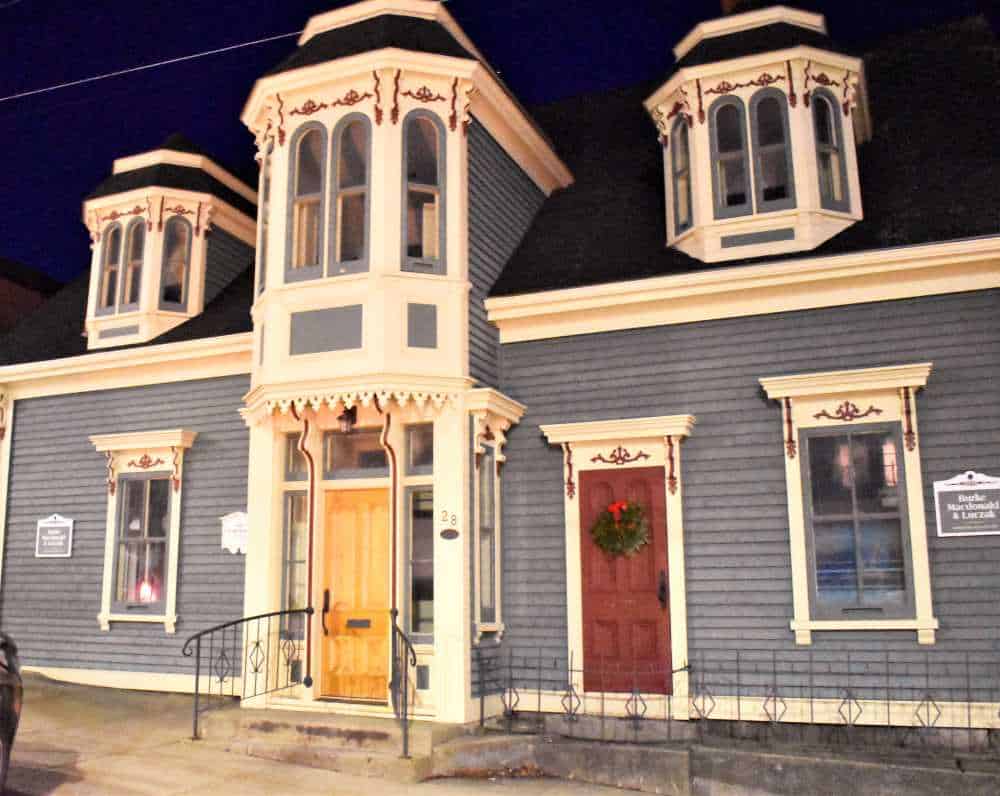

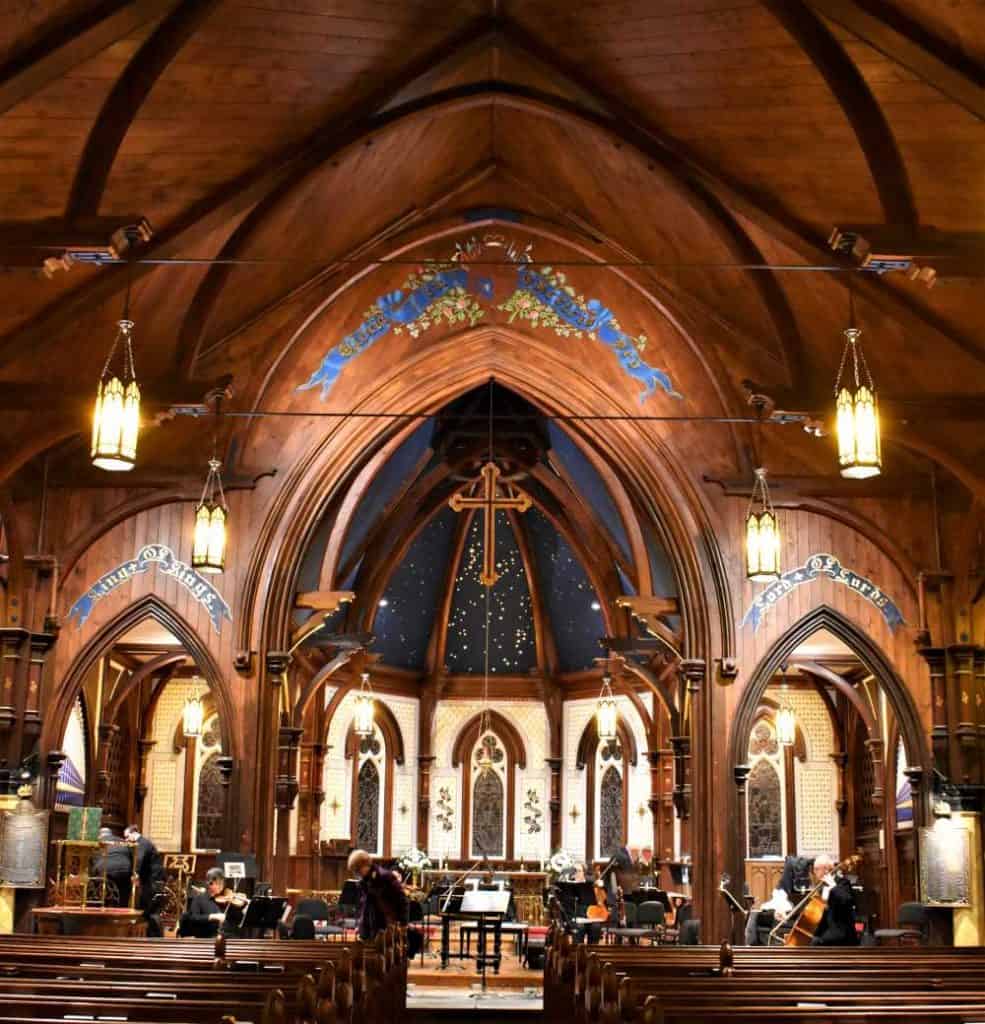
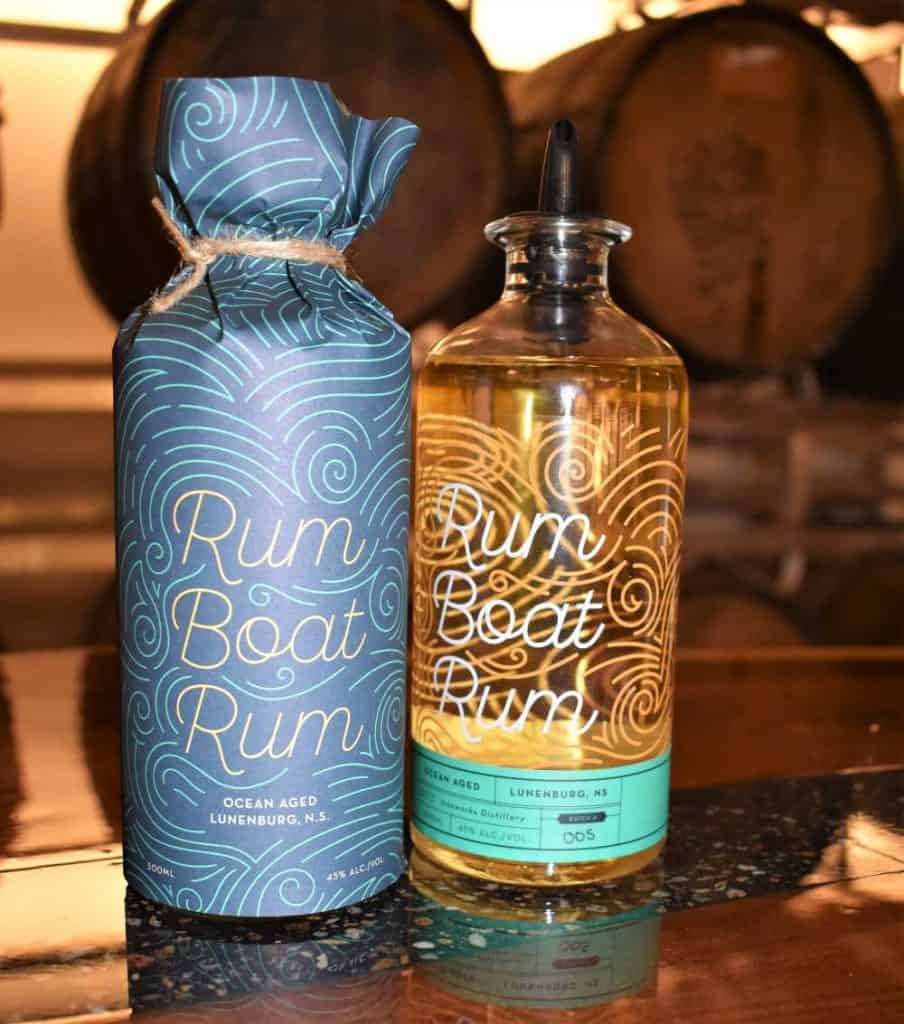
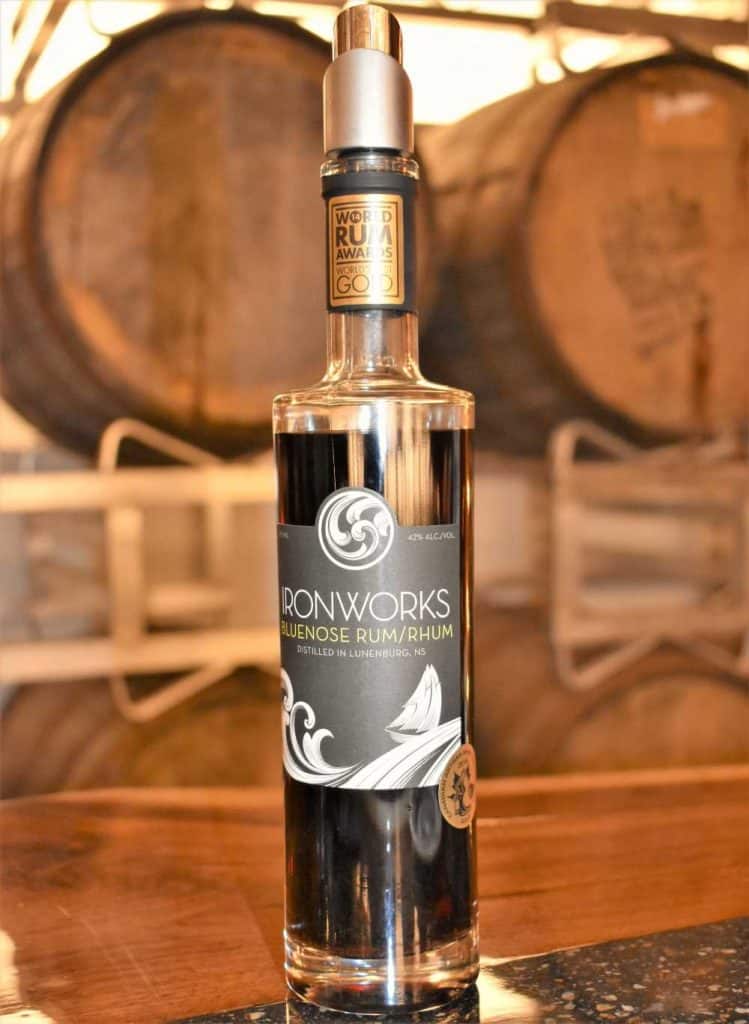
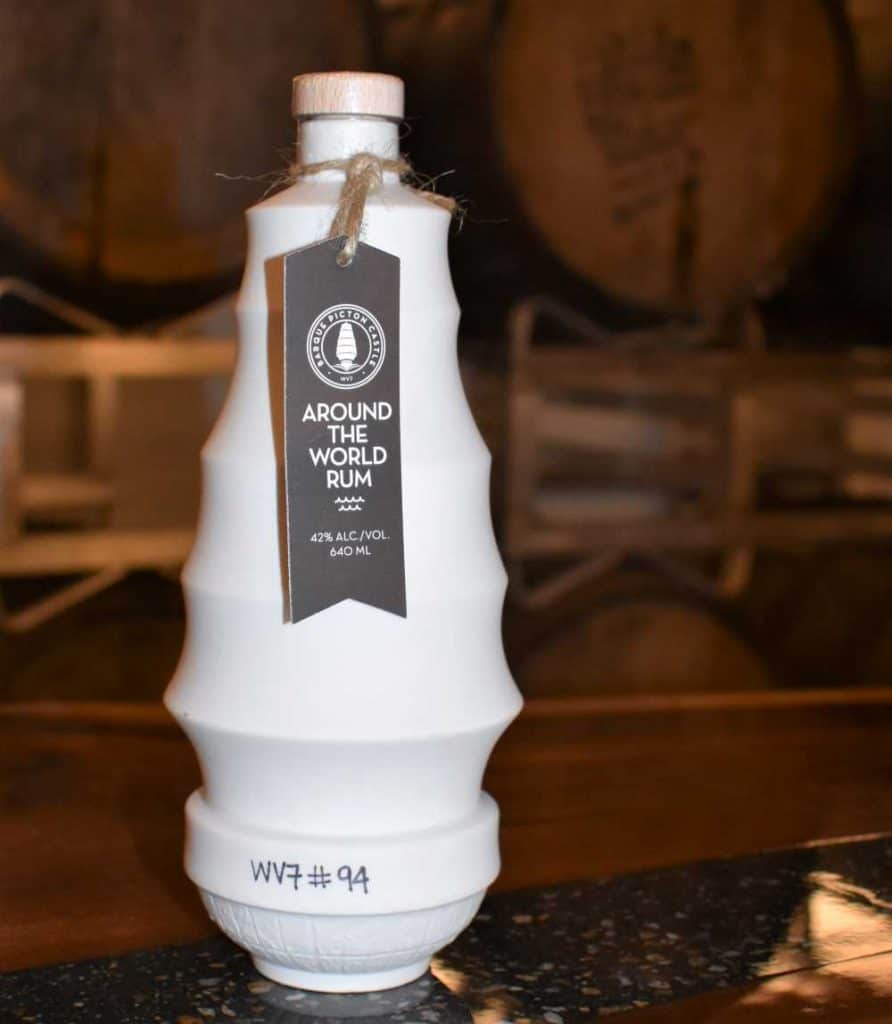
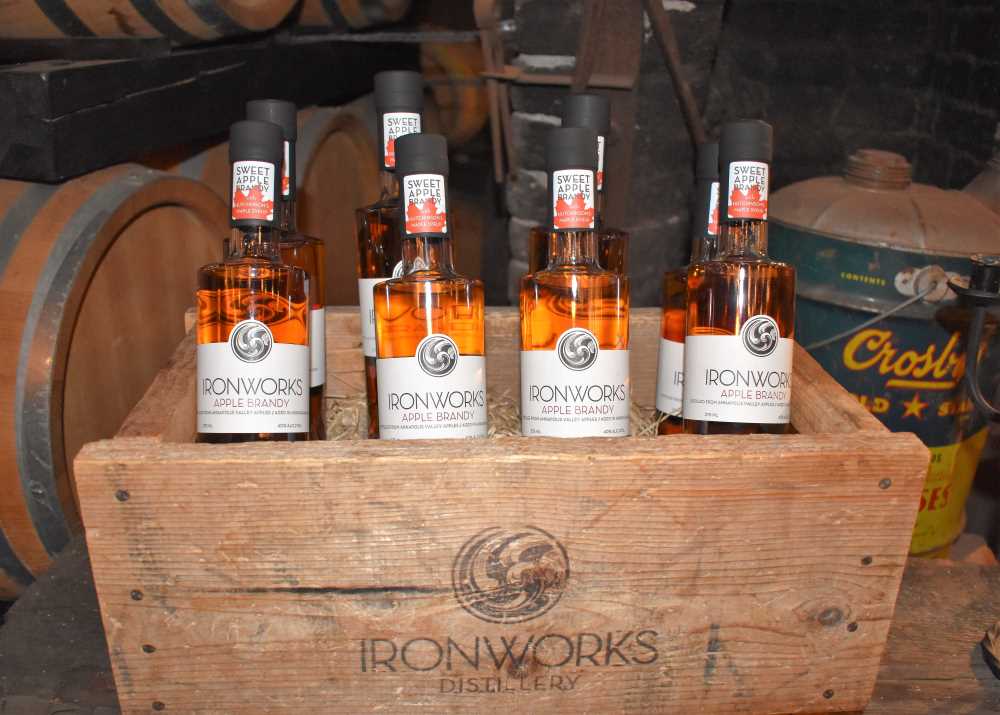
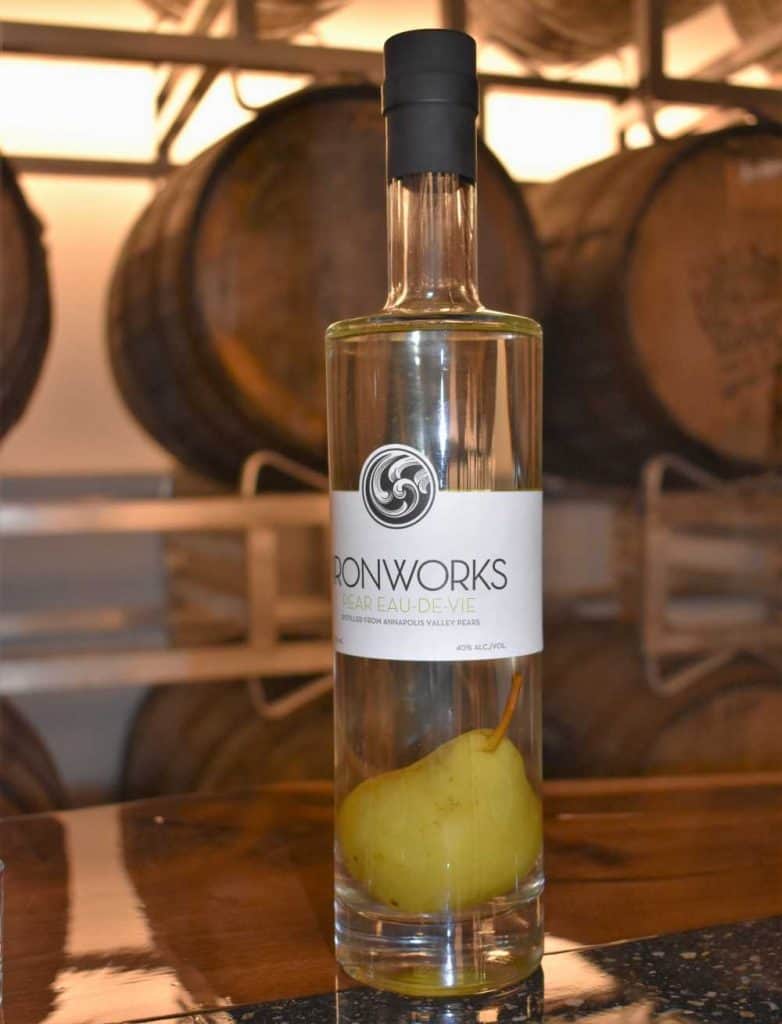

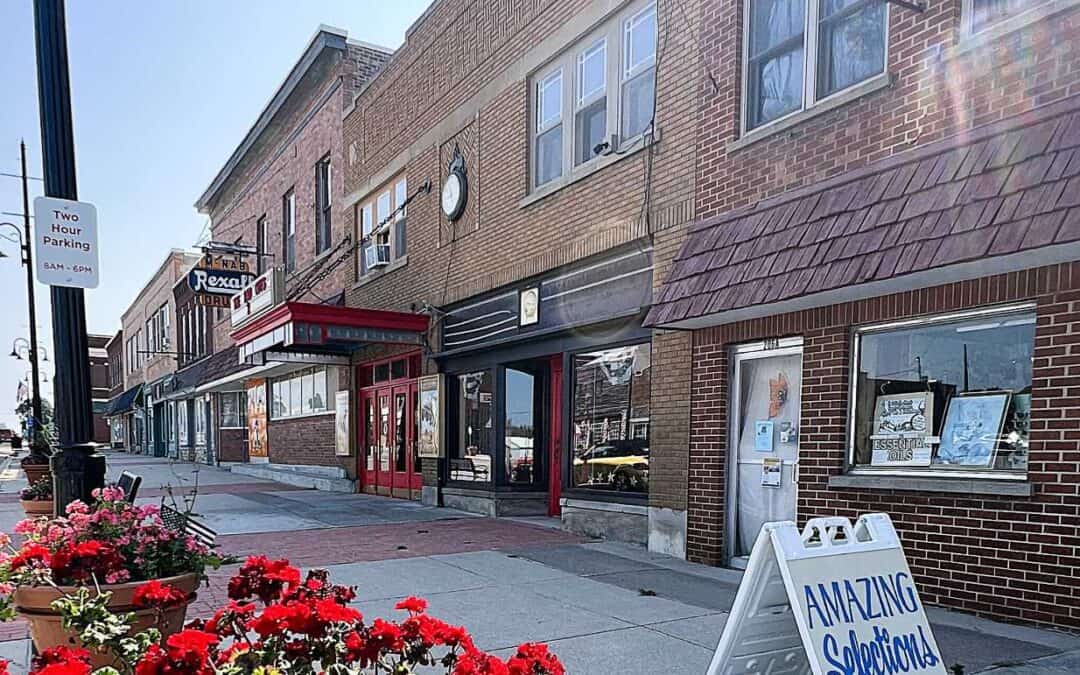


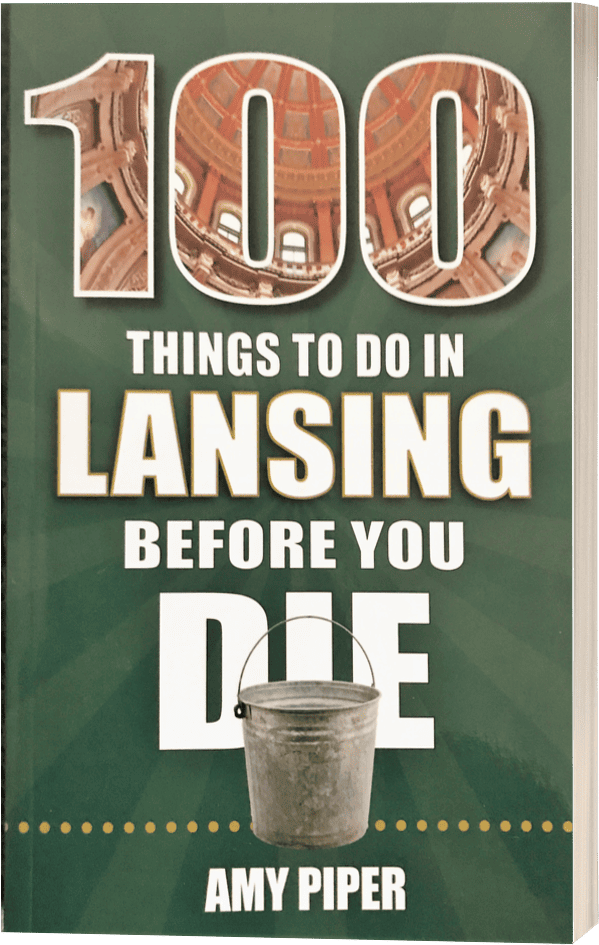

Oh, wow. Nova Scotia is 1000% on my list! And this place looks great. Can’t wait for the borders to start opening again so I can be out and about!!!
Yes, and there are so many surrounding fishing towns like Mahone Bay and Blue Rocks that the south shore makes a perfect week long vacation.
I love lUnenburg! Always a great place to visit for the weekeD.
There is definitely a lot to do there!
Your dinner on your first night made me hungry at 1:00 am xD. I live near Lüneburg, Germany, is that city that Lunenburg, Canada is named after?
PS. Sorry for all caps, i don’t know why i couldn’t write in small caps. My browser got a problem
Yes, it is. Several cities are named after European cities, for example Chester is named for a city of the same name in the UK.
Wow! YOu packed a whole lot into a short time period. Very impressive.
Yes, my family often asks me to slow down! They have a hard time keeping up. 🙂
We finally made it to the East Coast last season from BC. Absolutely loved our travels through Nova Scotia, staying at some lovely B&B’s. Unfortunately our time did not permit a visit to Lunenburg. We now have an excuse to Return. Great post & Travel inspiration. 🙂
Thank you, Robert. There is so much to see in Nova Scotia! I spent a week on the South Shore and there’s is so much more. I hope this post helps on a return visit!
Hi Amy, is such a delight to read about your blog about your trip to Nova Scotia. Especially loved architecture of the church’s and buildings. Thank you for sharing your fasinating travels.
Thank you so much! I appreciate you taking the time to read my stories.
Love your site, Amy – I am sharing the Nova Scotia article – because I hope to go in August – cross my fingers that the border will be open then.
Thank you so much Sharon! I love visiting Canada. So many fun places there.
i HAVE SEEN BEAUTIFUL SCENES OF nOVA sCOTIA ON tv BUT DIDN’T KNOW ABOUT ANY OF THE INDIVIDUAL PLACES TO VISIT SO REALLY ENJOYED READING ABOUT lUNENBURG!
Tragically, i haven’t spent much time in canada outside of toronto and the small towns north of Montana. lunenburg seems like my kind of place, and I sooo want to explore more of canada once americans are allowed back in!
Such a great and informative post. Nova Scotia is still on my bucket list. I plan a road trip there. So I add The Mariner King Inn in Lunenburg to my list. I would also want to visit St. John’s Anglican Church and Lunenburg Academy.
if you had shown me only the pix, i would have insisted this is somewhere in Europe. the architecture is just incredible. really beautiful. I also like the city’s…spirit – wink wink. I’m sure those drinks make a great souvenir.
Have heard and read a lot about Nova Scotia, but haven’t ever been to Canada. This sounds like a comfy place to spend some time. I like how you maximized your 24 hours here 🙂
LUNENBERG LOOKS VERY PRETTY. I WOULD DEFINITELY TAKE THE WALKING TOUR AS I LIKE TO SEE THE ARCHITECTURE AND GET THE HISTORY BEHIND IT.
I was In nov scotia years ago And lOved the History an BEAUTY thanks for the informative dtor.